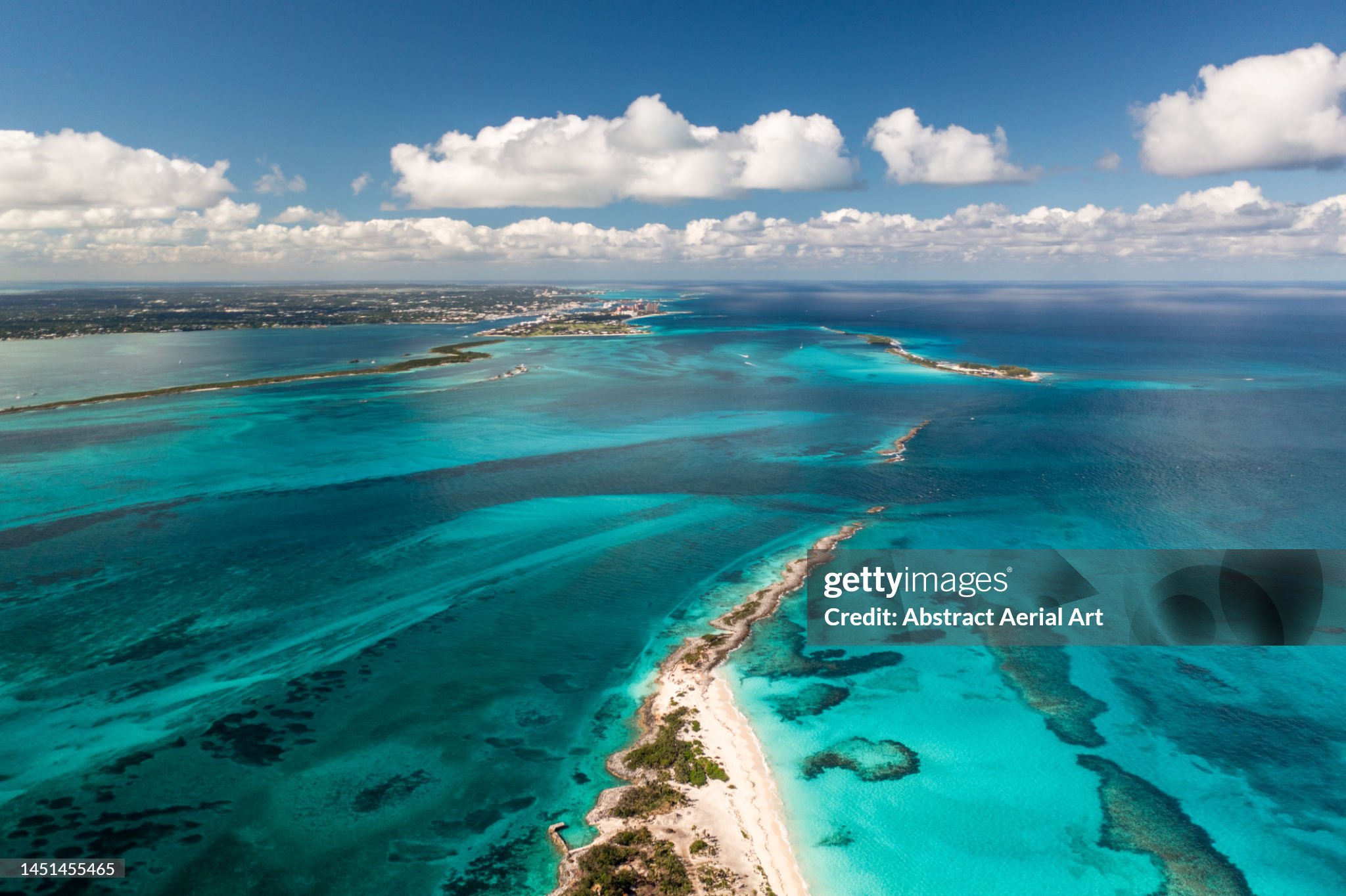News Americas, New York, NY, December 9, 2024: The Bahamas has unlocked over $120 million for the conservation and sustainable management of its oceans and mangroves through an innovative nature debt swap, supported by Standard Chartered and private sector partners. This marks an important step towards addressing climate change and biodiversity loss in the region.

Using a $300 million lower-cost loan from Standard Chartered, The Bahamas repurchased $215.7 million in Eurobonds and $81 million in commercial bank loans. Savings resulting from reduced interest and principal payments will now fund ambitious ocean conservation initiatives.
Nature debt swaps are gaining traction as a critical tool for achieving conservation and climate goals, addressing part of the $942 billion global financing gap that BloombergNEF estimates is needed to restore and maintain biodiversity. The Bahamas initiative highlights how these mechanisms can channel resources to countries in the Global South to protect natural ecosystems.
Slav Gatchev, head of sustainable debt at The Nature Conservancy, which drafted the agreement and provides conservation expertise to the Bahamas, emphasized the importance of such agreements. “The nature bond program is one of the few mechanisms that can drive climate and nature finance at scale in the global south,” he said.
A global first in debt swaps
The Bahamas deal represents a new generation of debt swaps for nature. It is the first to include guarantees and insurance from private sector players, including a $70 million loan guarantee from impact investor Builders Vision and $30 million in insurance from AXA XL. These improvements, combined with a partial loan guarantee of $200 million from the Inter-American Development Bank (IDB), allowed Standard Chartered to issue a 15-year loan at a favorable 4.7% interest rate, comparable to the costs of new IDB debt.
“The asset class is not only growing, it’s evolving,” said Dennis Eisele, head of global credit market financing for Latin America at Standard Chartered. “Builders Vision and AXA demonstrate that there is an expanded pool of capital for these deals.”
Protection of vulnerable ecosystems
As an archipelago of low-lying islands, cays and cays, the Bahamas is particularly vulnerable to climate change and extreme weather events. The devastating impact of Hurricane Dorian in 2019 continues to affect the country, highlighting the urgency of climate resilience measures.
This agreement comes at a critical time. At the UN biodiversity summit in Colombia in October, nations failed to finalize a strategy for mobilizing billions of dollars in conservation funding. Richer countries have been reluctant to increase direct financial contributions, instead seeking the involvement of the private sector to bridge the financing gap.
The Bahamas’ innovative approach shows how debt restructuring can serve as a lifeline for climate and conservation efforts in vulnerable countries. It also sets a precedent for similar initiatives globally, aligning financial mechanisms with environmental sustainability.


